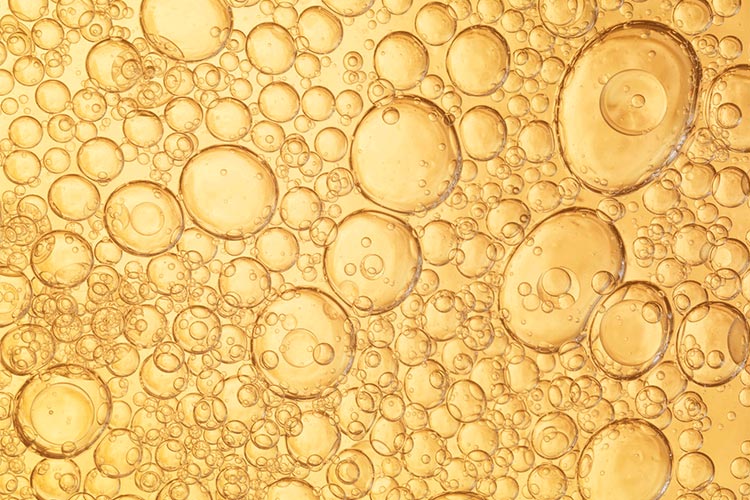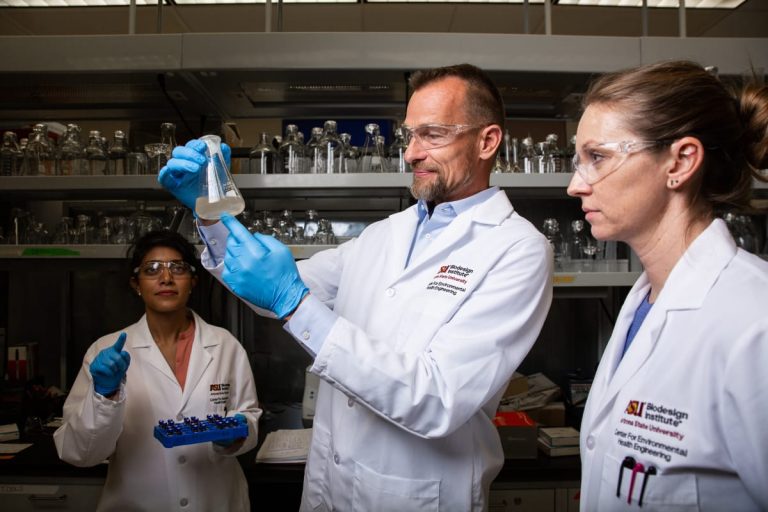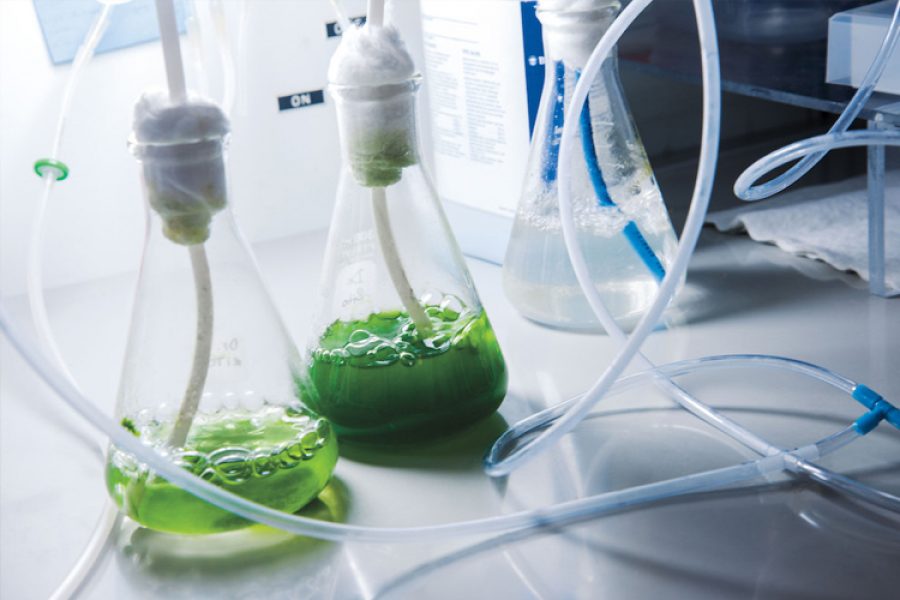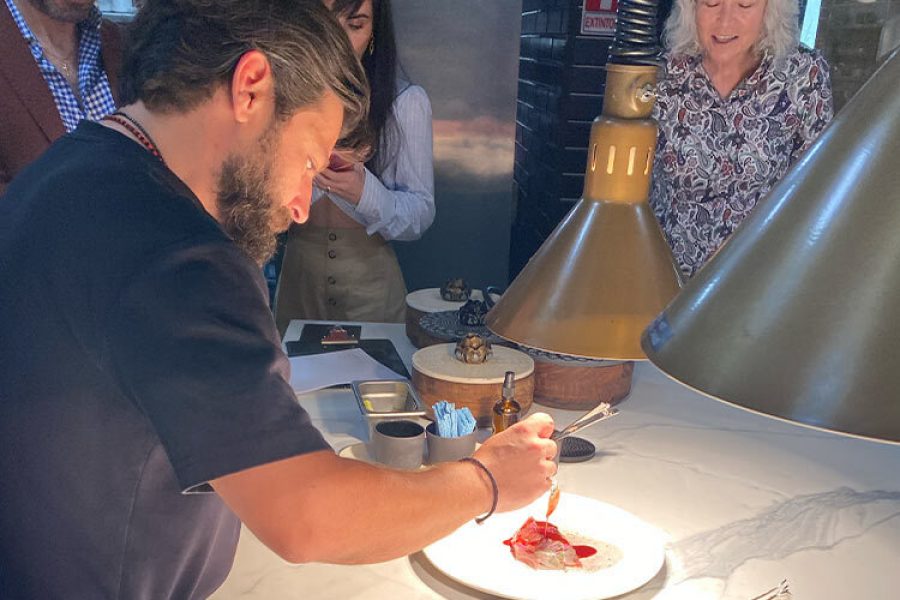In recent years, the concern about whether the avocado oil available in supermarkets is 100% authentic has grown worldwide.
As part of a global trend, researchers from the Tecnológico de Monterrey conducted a study to verify the purity of 12 oil brands in Mexico.
According to Luis Martín Marín Obispo, a researcher at the Tec de Monterrey FEMSA Biotechnology Center, and who was part of the study, the interest increased around 2015 when the difference in price was noticed.
“The situation sparked a concern and set out an initiative to update a quality standard”, he says in an interview with TecScience.
In 2021, after a joint effort between different countries, agencies specialized in regulating this type of product, and researchers from the Tec de Monterrey, a new quality standard was published, known as the identity footprint, in order to identify which brands really sell unadulterated avocado oil.
That same year, the Mexican Norm on the composition of avocado oil was also approved.
Since then, different investigations found that, on many occasions, avocado oil products were adulterated with other oils, such as corn, cotton, or canola oils, which are usually cheaper.
Benefits of avocado oil
Around the world, avocados and their derived products have been increasing in popularity. In particular, avocado oil is known as one of the healthiest, as much as olive oil.
The reason why it is such a good oil is partly due to the fact that it contains Omega 9, monosaturated fats, vitamin E, chlorophyll, and carotenoids.
All these components make it a healthy fat that helps our body’s cells maintain their shape, has an anti-inflammatory effect, lowers blood cholesterol levels, facilitates the absorption of nutrients, and prevents cardiometabolic diseases.
“Fats have been stigmatized,” says Marín Obispo, “but there are good oils that benefit the human body.”
Achieving the purity standard
In 2022, a group led by Carmen Hernández-Brenes, a tenured professor at the Tec de Monterrey School of Engineering and Sciences and a researcher at the Institute for Obesity Research, decided to carry out a small-scale study, where they selected 12 brands of avocado oil available in Mexico.
Through composition studies in the laboratory, they compared the values of nutrients, fatty acids, and other components contained in each brand comparing the values established in the avocado’s purity standards.
What they found was that, of the 12 brands, only four met the established standards for commercial avocado oil. These brands were: Chosen Foods, Simple, Mevi Oil, and Inés.
These findings match what was discovered in a study conducted by the University of California, in 2022, which determined that most avocado oil imported and available in the United States is contaminated with other oils.
Mexico’s biggest avocado-producing Region
For Mexico, it is especially important to ensure that the products derived from avocados are authentic since it is the main producer and exporter of this fruit worldwide.
According to Marín Obispo, when adulterated or fake versions are sold without warning, consumers who seek to purchase healthy products are affected.
In addition, the confidence that people have in the product can be seriously diminished.
“This affects those who are complying and are concerned about delivering a quality product,” he emphasizes. “Once the consumer detects a fraudulent product, they will suspect every product.”
In the long run, this could affect the production and importation of avocado oil in the country.
Tips to avoid fake avocado oil
As part of their study, the researchers suggest following three simple steps to make sure you’re buying unadulterated avocado oil:
- Read the ingredients list, including the fine print on the back.
- Compare prices between different brands, which usually stay within a closed range; an excessively cheap product is probably adulterated.
- Check that the company that markets the product is authorized, and it is probably better to go for a Mexican firm.
With the results of the study and the increase in the rigor of evaluation worldwide, Marín Obispo hopes that brands selling fake products review their production process.
“It is better to appear on the list of those who are complying than on the list of those who are not,” he concludes.
{“@context”:”https://schema.org”,”@type”:”FAQPage”,”mainEntity”:[{“@type”:”Question”,”name”:”How to identify fake avocado oil?”,”acceptedAnswer”:{“@type”:”Answer”,”text”:”1. Read the ingredients list, including the fine print on the back.\n2. Compare prices between different brands, which usually stay within a closed range; an excessively cheap product is probably adulterated.\n3. Check that the company that markets the product is authorized, and it is probably better to go for a Mexican firm.”}}]}

















